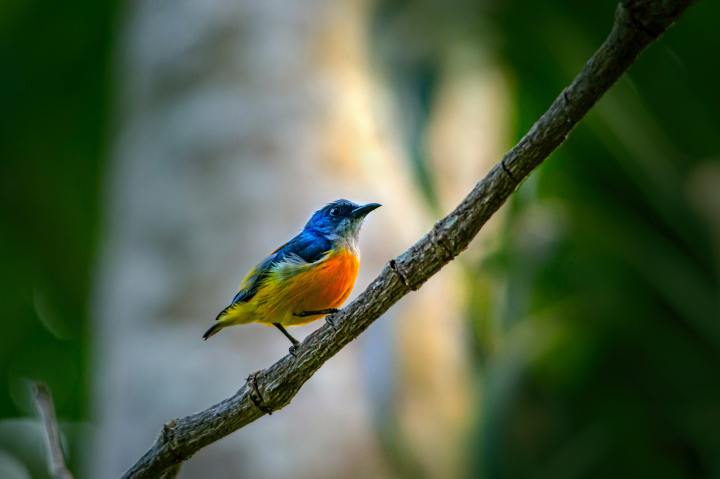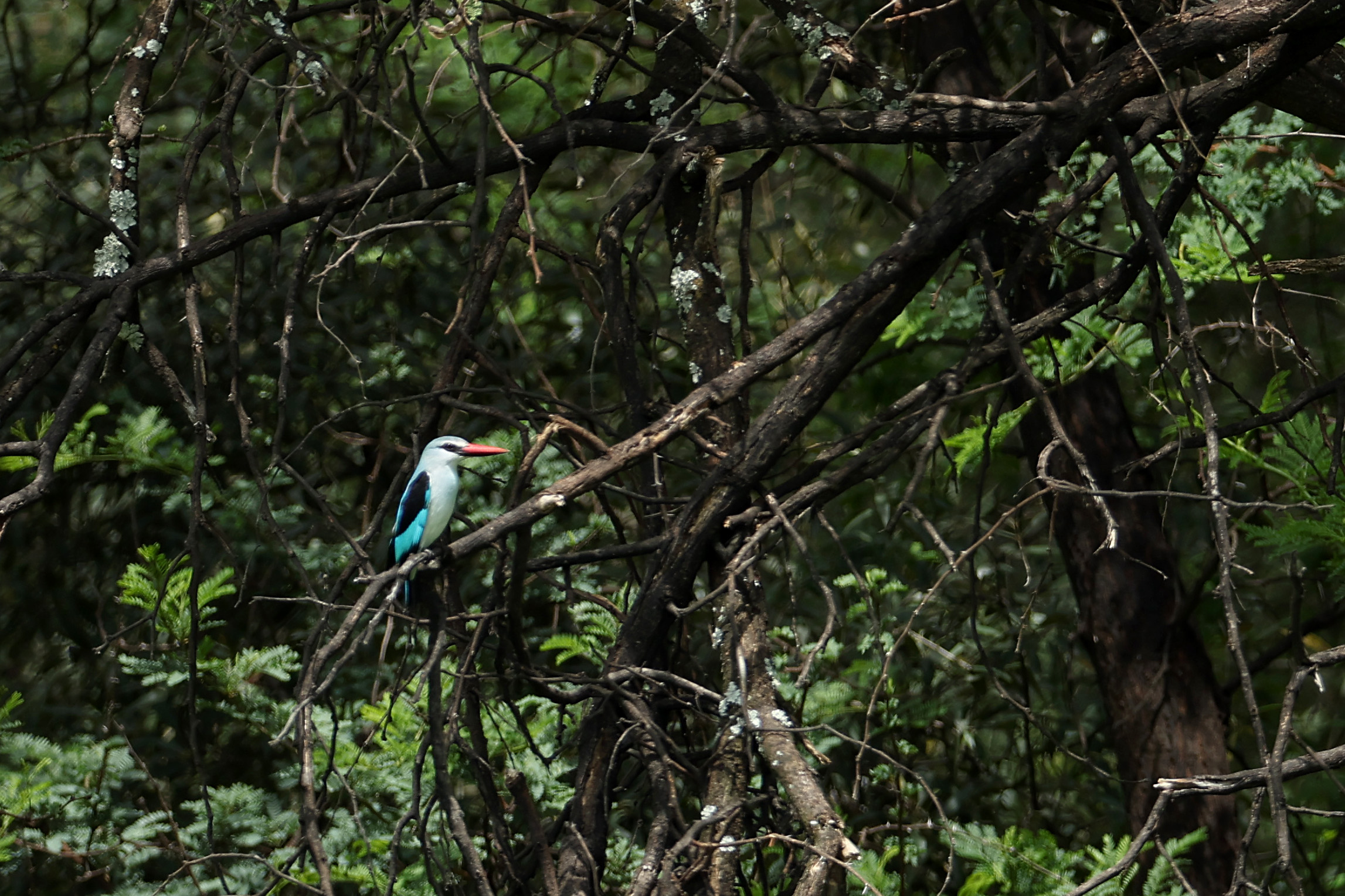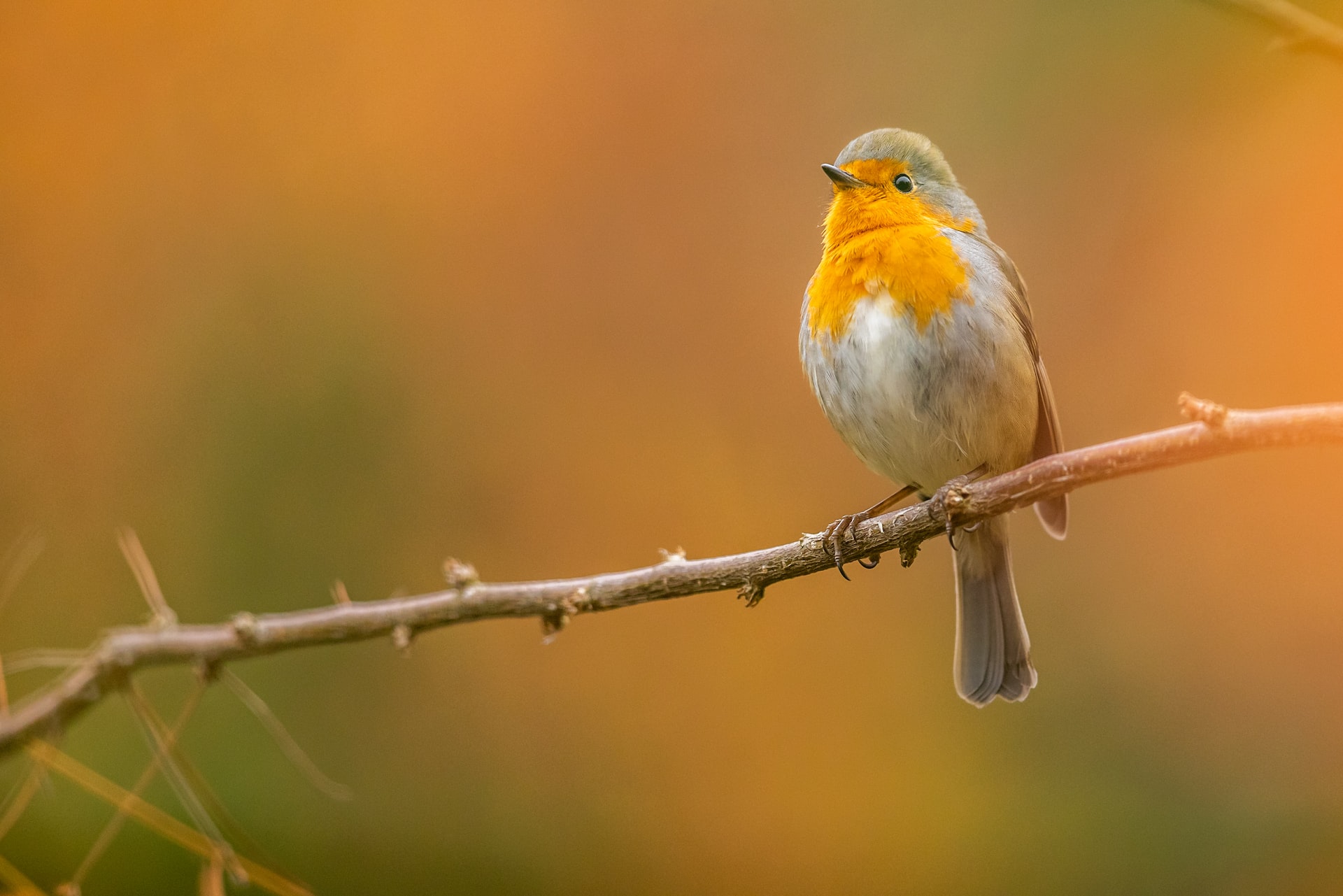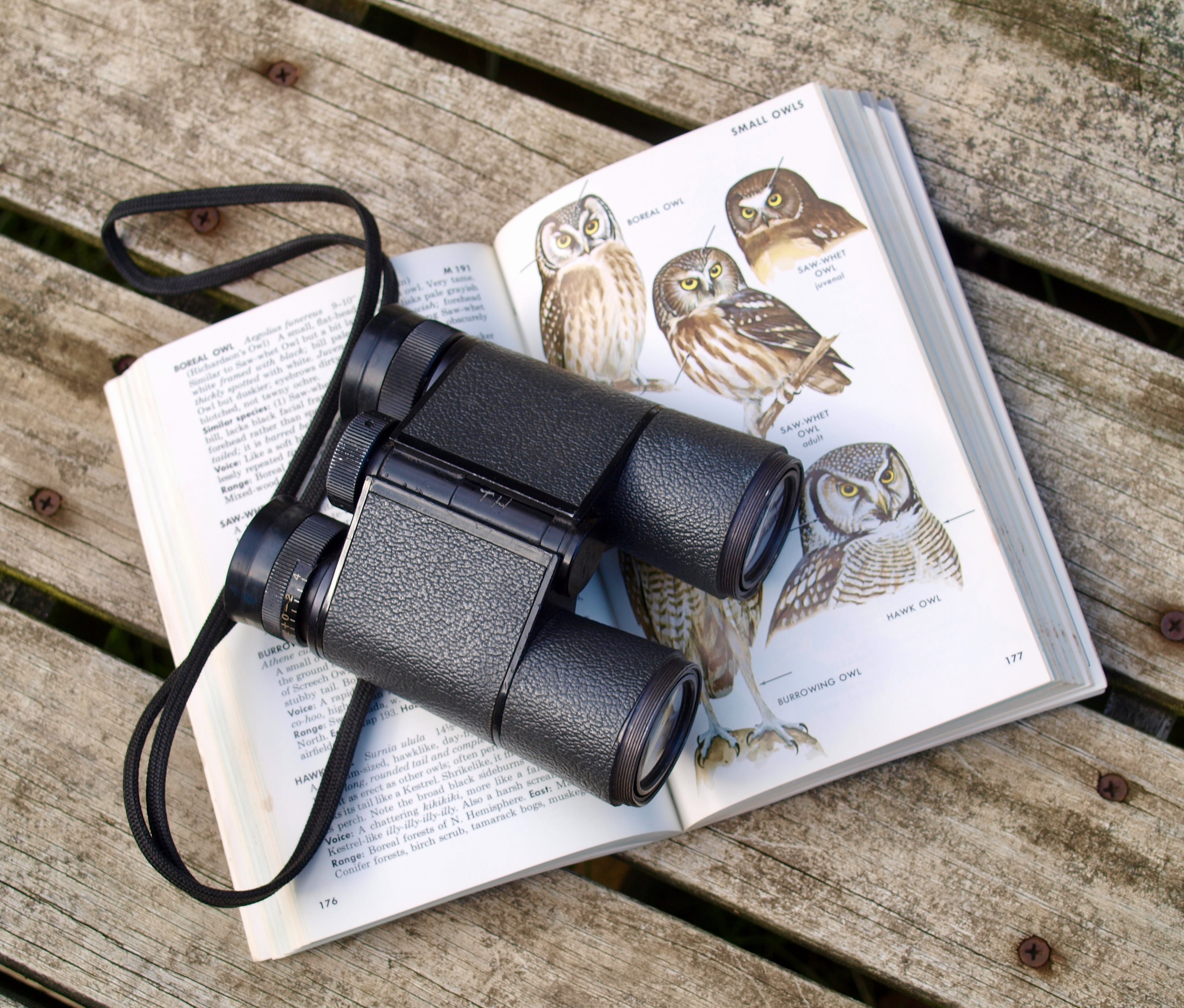NATURAL WORLD
Hearing or seeing birds has a positive effect on mental health, study finds

A study published in October 2022 suggests that birdsong benefits mental health. Not only do these and other similar findings have implications for conservation and mental healthcare policies, but they could also inform urban planning that takes into consideration how humans can co-exist with nature in a fair and balanced way in urban spaces.
Everyday encounters with birdlife increase mental well-being for both people with and without depression, according to new research by King’s College London, titled “Smartphone-based ecological momentary assessment reveals mental health benefits of birdlife”.
The study suggests that hearing birdsong or seeing birds can be prescribed by professionals to prevent mental health difficulties or complement treatments.
Researchers particularly focused on depression, “which is the most common mental illness across the world and is predicted to become the first cause of global burden of disease by 2030”. The researchers’ findings are a step towards greater environmental and wildlife protection policies to preserve birds’ natural and urban habitats, along with mental healthcare policies.
South Africa is reported to have an overall probable depression rate of 14.7% to 38.8%, which urges provincial level plans and resources “to reflect the burden of mental health problems” in each province. Additionally, the World Health Organization reports that low- and middle-income countries’ treatment and support services for depression often lack implementation or are underdeveloped. It is estimated that 75% of people with mental disorders in these countries do not receive treatment.
Although there is no golden bullet yet to combating mental illness, birds and birdsong are suggested to be healthy contributors in putting a chirp in one’s mood.
The inner workings of birdsong boosting well-being
The study comprised 1,292 participants who regularly tracked their moods and surroundings on the specially designed smartphone app, Urban Mind, which allowed researchers to sample their experiences in real-time, and in real-world contexts.
The data were collected between April 2018 and October 2021 and assessed whether participants described a positive mental state when they could see or hear birds. A positive association was observed between seeing or hearing birds, and momentary well-being during random intervals of assessment.
“Interestingly, we found that the positive effect of seeing or hearing birds on mental well-being was more pronounced when individuals were outdoors,” the study reports.
Read in Daily Maverick: “It’s almost time to bid 2022’s Bird of the Year goodbye”
Even though people are more likely to see or hear birds in green spaces, which might skew the data to reflect an overall effect of nature on mental well-being, researchers argue that the positive association between birdlife and mental well-being remains critically significant.
“In order to minimise such possibility, we modelled seeing trees, plants, and seeing or hearing water as additional confounding variables,” write Ryan Hammoud and colleagues. “Critically, the results were still significant, providing support to a specific benefit of birdlife on mental well-being, above and beyond the well-established effect of green spaces.”
The benefits of bird encounters indicated a lasting effect on mental health, as participants recorded high levels of well-being in their next assessment while they did not hear or see birds. However, the subsequent mood assessment indicated that the effect is not persistent, which strengthens the “possible causal link effect of birdlife on mental well-being”.

A Woodland Kingfisher is pictured on November 13, 2022 in Sun City, South Africa. Image: Warren Little / Getty Images
Another 2022 study evaluating the effect of different soundscapes on mood, state paranoia, and cognitive performance found that listening to birdsong improves depression, anxiety and paranoia.
The study was conducted using an online experiment with 295 participants, who were exposed to a diverse range of traffic and bird soundscapes. Both before and after exposure, participants filled out depression, anxiety and paranoia questionnaires.
Traffic noise soundscapes were associated with increased depression, while birdsong significantly decreased depression, anxiety and paranoia.
“In sum, the present study suggests that listening to birdsongs regardless of diversity improves anxiety, while traffic noise, also regardless of diversity, is related to higher depressiveness,” the study notes.
Sustaining urban birdlife
With more than half of the global population living in cities, where birds are the major (if not only) contact people have with wildlife, it becomes important to reduce the effects of urbanisation on urban bird habitats.

Urbanisation is predicted to consume habitats and make it more difficult for birds to thrive in cities. Image: Zdenek Machacek / Unsplash
“The vast amount of predicted urbanisation in the coming years will […] consume habitats and reduce the possibilities for birds to thrive in cities and thus also reduce people’s potential to detect birds,” writes Marcus Hedblom and Enrique Murgui in the book Ecology and Conservation of Birds in Urban Environments.
Read in Daily Maverick: “Twitcher’s delight: Southern African birdlife vibrantly captured in new photographic guide”
The largest occurring urbanisation processes are under way in Southeast Asia and Africa and, together with South America; these continents foster “some of the most important areas of urban bird biodiversity”, according to Hedblom and Murgui.
A push towards more sustainable urbanism is “sorely needed”, a 2021 study by Katherine E French reports. “Urban populations are set to expand from three billion people as of 2000 to 6.4 billion by 2050,” with South and Central Asia and sub-Saharan Africa predicted to be the greatest areas of growth.
“The patterns of how urban birds are affected by urbanisation processes are similar globally, with decreasing habitats and change of habitat qualities and pollution effects,” Hedblom and Murgui write.
In response, French proposes that integrating biomorphic urbanism – “a design ideology that takes inspiration from nature to develop more sustainable cities that reduce the environmental impact of urban life” – into city planning could help improve the damaging effects of increased urbanism on the environment by providing “new prototypes of how humans and nature can coexist in a more balanced and fair manner”.

Birds are a major contact people have with wildlife, and the study’s findings could assist in protecting birds’ natural and urban habitats. Image: Diane Helentjaris / Unsplash
Incorporating plants into architectural designs and protecting existing natural urban spaces, such as parks and urban forests, attract a diversity of birds which, in turn, improves the well-being of a city’s inhabitants.
In light of this, an “increasing number of areas for urban bird conservation are being recognised and habitats managed” to provide for an increase in urban bird populations, according to Hedblom and Murgui. “In a global perspective, cities do still provide habitats to allow a diverse bird fauna.”
The King’s College London investigation notes how the prescribing of nature-based activities, or “green prescribing”, has become popular in aiding those with mental illness.
“Our investigation supports the notion that visits to habitats with a high degree of birdlife, such as parks and canals, may be encouraged as part of green prescribing efforts.” DM/ML
From the vault: “Can you hear the great animal orchestra?”















 Become an Insider
Become an Insider
Cairo is huge but full of birds: egrets, owls, hoopoes and many others. Pesticides are hardly used so that seems to be the only explanation. Putting out a bowl of water on my balcony there attracted many feathered friends. Johannesburg has got amazing birds, sadly threatened by the Mynah bird invasion. I would recommend that children should be encouraged to notice birds before they can walk: it’s good for them and a delightful distraction. Birds add so much and ask for so little.